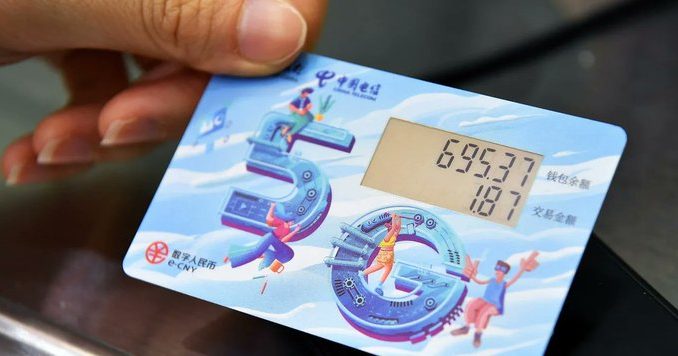
Government officials are urging citizens to adopt the official digital currency in a bid to gain more control over the economy.
VISA HAS LONG paid to be the sole payments processor at the Olympic Games. But at the Winter Olympics in Beijing earlier this year it had competition—from the Chinese government. Visitors could, after scanning their passports, exchange foreign bills for eCNY, a new digital currency being rolled out by the country’s central bank, the People’s Bank of China. Visitors could splash their digital cash by using a card or mobile app to pay for things around the Olympic Village.
China launched its first pilots of digital cash in 2019, but the eCNY’s appearance at the Olympics was part of a project with global ambitions. As the first major country to roll out an official digital currency at scale, China is far ahead of the US and other countries, where the concept of an official form of digital cash is only at the discussion phase.
The hope for government-sanctioned digital currencies is that they will improve efficiency and spur innovation in financial services. But tech and China experts watching the country’s project say that eCNY, also known as the electronic Chinese yuan or digital yuan, also opens up new forms of government surveillance and social control. The head of UK intelligence agency GCHQ, Jeremy Fleming, warned in a speech last month that Beijing could use its digital currency to monitor its citizens and eventually evade international sanctions.
